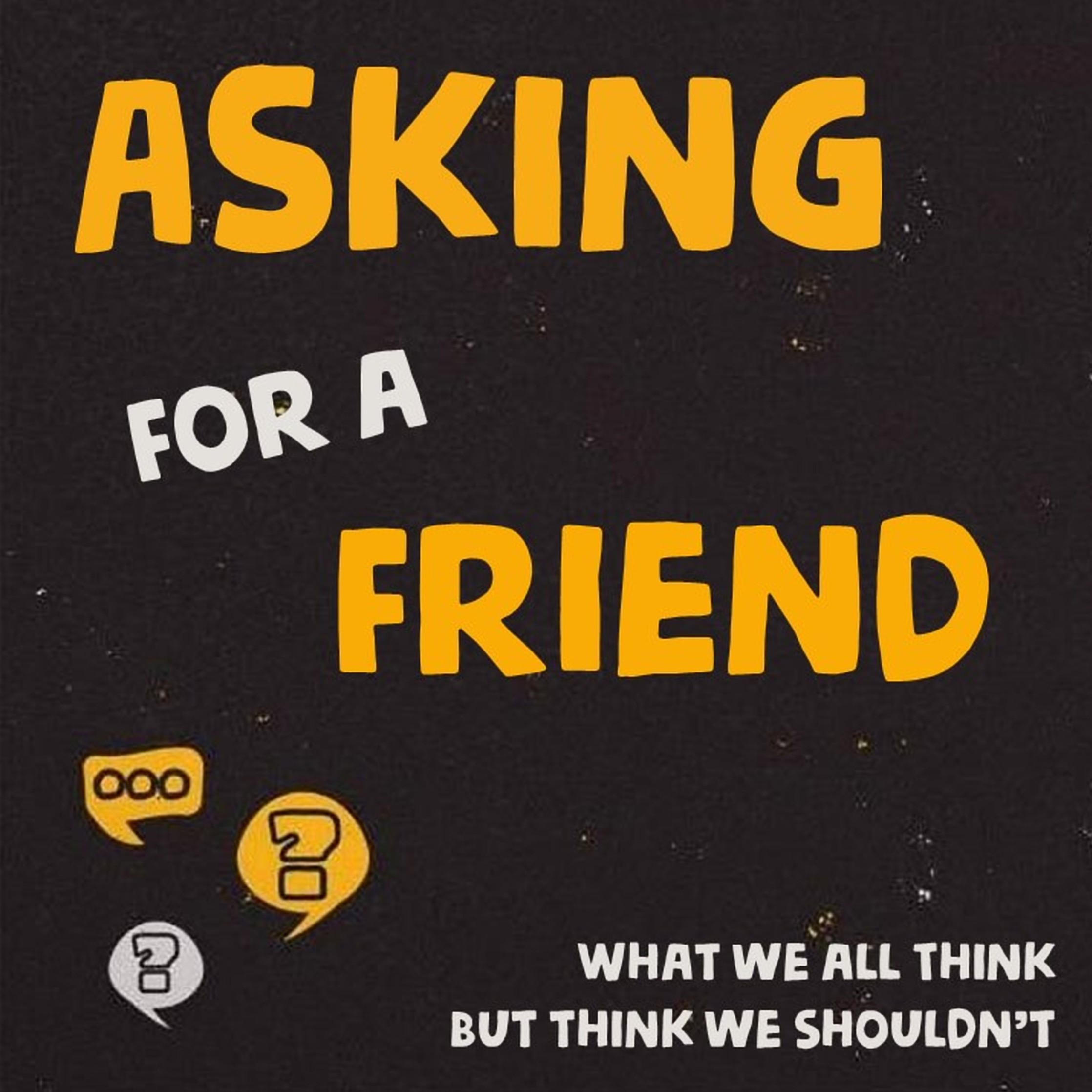At some point in time, we (humans with a conscience) started thinking of God as a “cosmic killjoy” who is always watching to make sure we aren’t having too much fun down here on earth. As a result, many of us spend our lives bouncing back and forth between indulgence and remorse.
Solomon wasn’t one for remorse, but he set the standard when it came to indulgence. Scoffing at the idea of delayed gratification, Solomon chased the desires of his heart until he ran out of desires. And out of heart.
He found hedonism to be utterly underwhelming.
However, his solution wasn’t to abandon joy for a life of boredom and compromise. Thankfully, Solomon was too wise and too human for that.
Eventually, Solomon realized his search for pleasure and joy was half-hearted and shallow—not because of what he was searching for, but because of where he was looking and how easily he was giving up.
He didn’t want too much. He was settling for too little. As a human, he was created for deeper joy and fuller pleasure than anything the desires of his heart could lead him to.
The key to that kind of pleasure and satisfaction lies at the Source itself. It’s beyond the scope of religion, and it’s more gratifying than any addiction.
(This message is based on Ecclesiastes 2)
Podcast: Download (Duration: 35:59 — 16.6MB)









